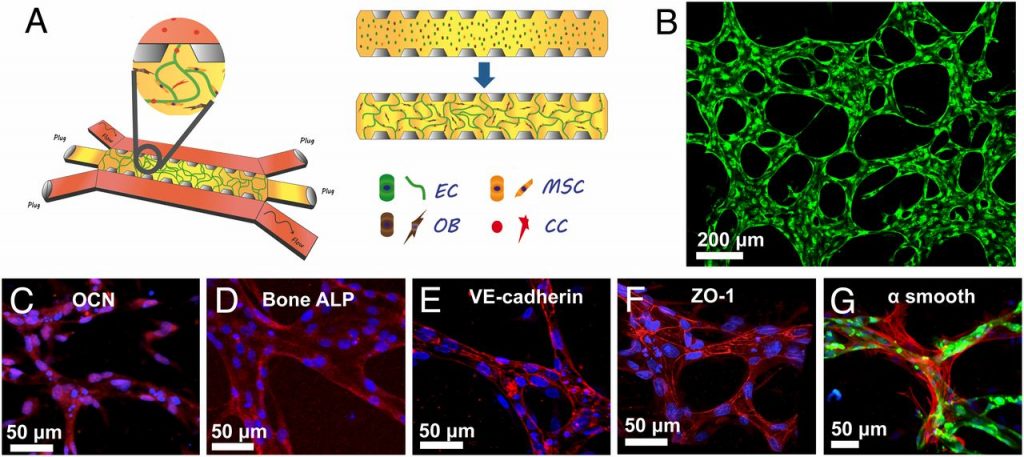A key aspect of cancer metastases is the tendency for specific cancer cells to home to defined subsets of secondary organs. Despite these known tendencies, the underlying mechanisms remain poorly understood. Here we develop a microfluidic 3D in vitro model to analyze organ-specific human breast cancer cell extravasation into bone- and muscle-mimicking microenvironments through a microvascular network concentrically wrapped with mural cells. Extravasation rates and microvasculature permeabilities were significantly different in the bone-mimicking microenvironment compared with unconditioned or myoblast containing matrices. Blocking breast cancer cell A3 adenosine receptors resulted in higher extravasation rates of cancer cells into the myoblast-containing matrices compared with untreated cells, suggesting a role for adenosine in reducing extravasation. These results demonstrate the efficacy of our model as a drug screening platform and a promising tool to investigate specific molecular pathways involved in cancer biology, with potential applications to personalized medicine.







